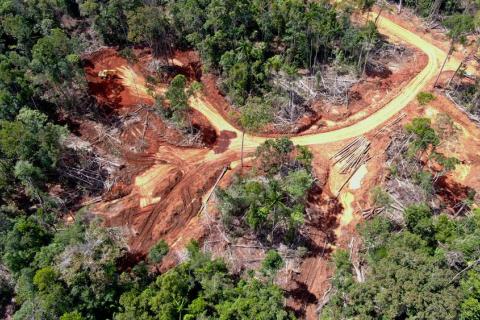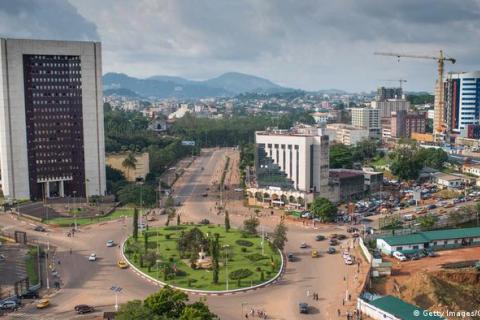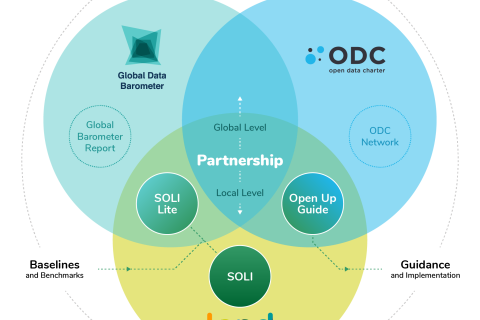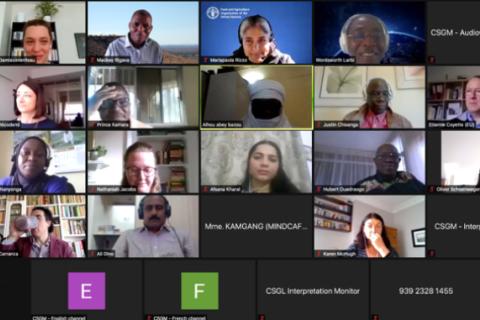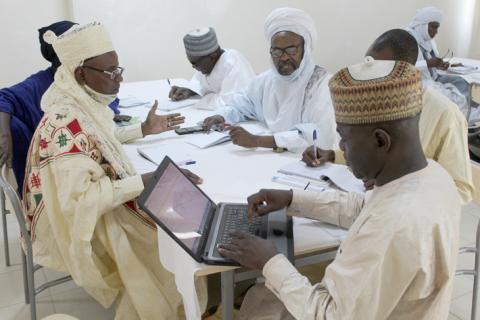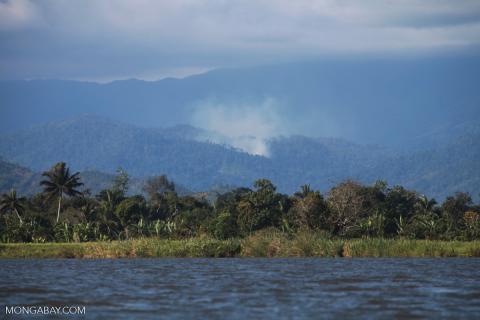The Angry Communities
ONE year ago, on July 27, 2020, three tribes who live around the border between Indonesia’s Kampung Naga area in Boven Digoel, Papua, and Kampung Kuem in Papua New Guinea, sent a claim letter to Tunas Timber Lestari. Representatives of the Kuranop, Ekogi, and Gembenop tribes protested against operations carried out by the subsidiary of the Korindo Group, as it infringed their customary land.

